I can't print GregorianCalendar
package Tests;
import java.util.Date;
import java.util.GregorianCalendar;
public class Data
{
public static void main(String[] args)
{
GregorianCalendar time = new GregorianCalendar(1999, 2, 2);
System.out.println(time);
}
}
I receive this
java.util.GregorianCalendar[time=?,areFieldsSet=false,areAllFieldsSet=false,lenient=true,zone=sun.util.calendar.ZoneInfo[id="Europe/Belgrade",offset=3600000,dstSavings=3600000,useDaylight=true,transitions=119,lastRule=java.util.SimpleTimeZone[id=Europe/Belgrade,offset=3600000,dstSavings=3600000,useDaylight=true,startYear=0,startMode=2,startMonth=2,startDay=-1,startDayOfWeek=1,startTime=3600000,startTimeMode=2,endMode=2,endMonth=9,endDay=-1,endDayOfWeek=1,endTime=3600000,endTimeMode=2]],firstDayOfWeek=2,minimalDaysInFirstWeek=4,ERA=?,YEAR=1999,MONTH=2,WEEK_OF_YEAR=?,WEEK_OF_MONTH=?,DAY_OF_MONTH=2,DAY_OF_YEAR=?,DAY_OF_WEEK=?,DAY_OF_WEEK_IN_MONTH=?,AM_PM=0,HOUR=0,HOUR_OF_DAY=0,MINUTE=0,SECOND=0,MILLISECOND=?,ZONE_OFFSET=?,DST_OFFSET=?]
How I can print it?
